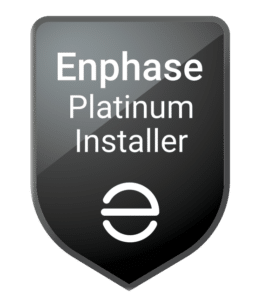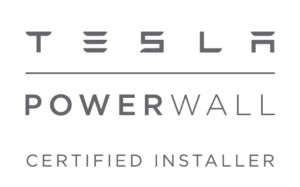
As the cost of energy continues to rise, many organizations are looking for ways to reduce their energy costs and become more sustainable. Non-profit organizations, in particular, are always looking for ways to lower their operating costs so they can allocate more resources to their mission. Fortunately, the Inflation Reduction Act makes it easier for non-profit organizations to invest in solar and reap the benefits of clean, renewable energy.
The Inflation Reduction Act includes several provisions that are beneficial to non-profit organizations that invest in solar energy. Let’s take a closer look at each of these provisions and how they can benefit non-profits that go solar.
1. Increase Tax Credit
The Inflation Reduction Act increases the cap on the federal tax credit for solar installations from 26% to 30%. This means that non-profit organizations can receive an even larger tax credit to offset the cost of their solar installation. The increased tax credit can significantly lower the cost of going solar, making it more affordable for non-profits to invest in clean, renewable energy.
2. Extended Deadline
Previously, the tax credit for solar installations was set to expire at the end of 2021. However, the Inflation Reduction Act extends the deadline to December 31, 2023. This gives non-profit organizations more time to invest in solar and take advantage of the tax credit. The extended deadline provides non-profits with more flexibility to plan and budget for their solar installation.
3. Direct Pay Option
The Inflation Reduction Act includes a provision that allows non-profit organizations to monetize the tax credit through a direct pay option. This means that non-profits can receive the value of the tax credit as a cash payment from the federal government, even if they do not have any tax liability. This makes it easier for non-profits to invest in solar energy and reap the benefits of lower energy costs without having to worry about tax liability. The direct pay option provides non-profits with more financial flexibility to invest in solar energy.
Investing in solar energy can be a significant expense for non-profit organizations, but the Inflation Reduction Act makes it easier and more affordable for them to make the switch to clean, renewable energy. By taking advantage of the increased tax credit, extended deadline, and direct pay option, non-profits can reduce their energy costs, become more sustainable, and redirect their resources towards their mission.
Conclusion
The Inflation Reduction Act is a significant boost to non-profit organizations looking to invest in solar energy. The increased tax credit, extended deadline, and direct pay option provide non-profits with more financial flexibility to make the switch to clean, renewable energy. If you’re a non-profit organization considering solar energy, be sure to explore the benefits of the Inflation Reduction Act and see how it can help you achieve your sustainability goals.





